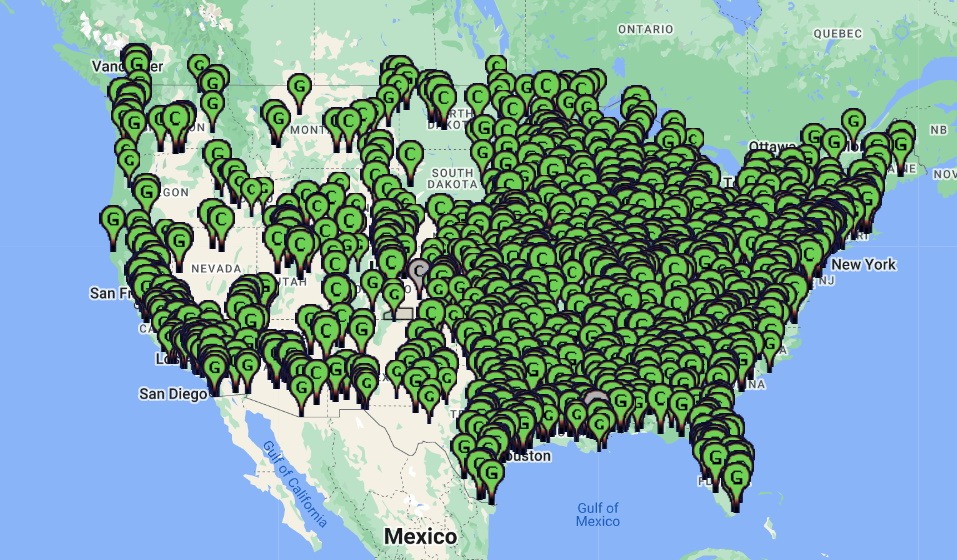– by Suzanne McLaughlin, August 20, 2014, MassLive
Massachusetts Land Court has granted Palmer Renewable Energy’s request to reinstate its building permit for a biomass wood-burning plant in East Springfield, undoing the Springfield Zoning Board of Appeals’ decision that the building permit was invalid.
The decision states that no special permit is needed and the building permit is reinstated, City Solicitor Edward Pikula said. Pikula said he is still reviewing the decision.
Palmer Renewable Energy proposed building a 35-megawatt, wood-to-energy plant on the grounds of Palmer Paving Co. property near the intersection of Page Boulevard and Cadwell Drive.
The building commissioner issued the permits for the project, but the Board of Appeals overturned the action as petitioned by the City Council and three residents.
The ZBA revoked the building permit, Pikula said.
The decision by the Massachusetts Land Court says that no special permit is required and the building permit is reinstated.
Project opponents have argued that the biomass plant would worsen air pollution and harm public health.
Michaelann Bewsee, a founder of Arise for Social Justice, was one of the intervenors in the case.
Bewsee said Wednesday night that she hopes the city of Springfield will appeal the Land Court’s decision.
The plant will emit harmful chemicals, and the city of Springfield has a high asthma rate, she said.
“We should be trying to improve things, not trying to make them worse,” she said.
“I am having my attorney review this,” Bewsee said. “I plan to follow this.”
Appeal of the Massachusetts Land Court decision would be to the Massachusetts Appeals Court, Pikula said. Bewsee said a stay could be requested of the Land Court decision, preventing the project from going forward while an appeal is pending.
Springfield City Councilor Bud Williams, who was council president at the time the plant was first granted a special permit in 2008, said he read the ruling the other night, and said the city will have no choice but to go along with the judge’s decision.
“The court declared it was legal, and (the developers) never needed a special permit to do it,” he said.
The special permit that was agreed to by the developers agreed to several conditions at the insistence of the city, he said. Among them were that the developers would pay for sidewalk repairs, infrastructure improvements, and make improvements in the neighborhood.
With the ruling from the land court, Williams said he does not believe the developers will be required to pay for those conditions.

